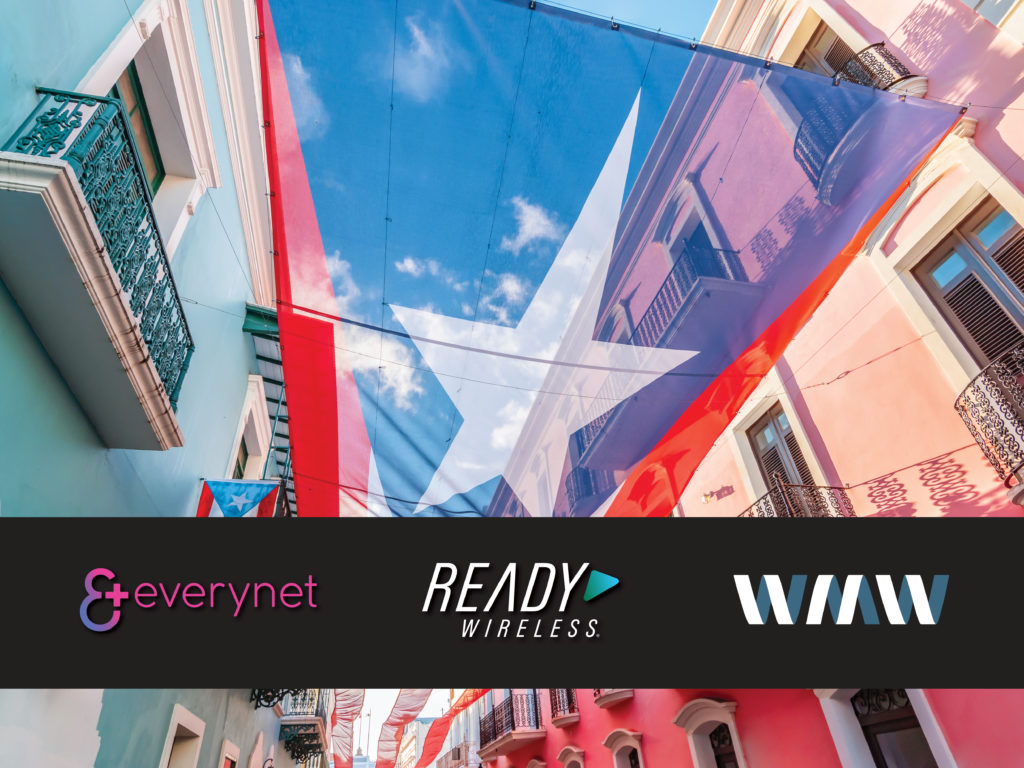In the ever-evolving realm of retail management, embracing innovative technologies is not just an option—it’s a necessity. Among the transformative technologies that are reshaping the retail landscape, the Internet of Things (IoT) stands out prominently. When strategically employed to manage shopping carts in a retail space, IoT platforms and devices offer a plethora of benefits that go beyond mere operational efficiency. In this blog post, we’ll delve into the strategic advantages that IoT brings to the forefront for retail managers.
Benefits of Using IoT Platforms and Devices in Shopping Cart Management for Retail Managers
Optimized Operational Efficiency
- At the core of retail management lies the need for operational efficiency. IoT-enabled shopping carts streamline the entire shopping process, from inventory management to checkout. This results in reduced manpower requirements, lower operational costs, and a more agile and responsive retail environment. Managers can allocate resources more efficiently, focusing on areas that truly require human intervention.
Data-Driven Decision-Making
- The data generated by IoT platforms offers a goldmine of insights for retail managers. By analyzing customer behavior, popular products, and peak shopping times, managers can make informed decisions regarding inventory stocking, staff scheduling, and marketing strategies. This data-driven approach empowers managers to implement changes that resonate with customer needs and market trends.
Improved Inventory Control
- Traditional inventory management can be time-consuming and prone to errors. IoT-equipped shopping carts provide real-time updates on inventory levels, helping managers maintain an accurate and up-to-date record of stock. This not only prevents stockouts but also aids in optimizing inventory turnover, reducing carrying costs and minimizing the risk of overstocking.
Enhanced Customer Satisfaction
- Satisfied customers are the backbone of any successful retail business. IoT devices in shopping carts contribute to an enriched customer experience. With personalized recommendations, efficient checkout processes, and in-store navigation assistance, customers are more likely to leave the store with a positive impression. Happy customers translate to repeat business and positive word-of-mouth, fostering brand loyalty.
Loss Prevention and Security Measures
- Retail managers bear the responsibility of minimizing losses due to theft. IoT-enabled shopping carts equipped with security features, such as RFID technology, act as a deterrent to theft and provide an added layer of security. Managers can receive real-time alerts for any suspicious activity, enabling prompt response and reducing the financial impact of shrinkage.
Proactive Maintenance and Cost Savings
- Managing a fleet of shopping carts can be a logistical challenge. IoT platforms facilitate proactive maintenance by alerting managers to issues such as low battery levels or technical malfunctions. This proactive approach not only minimizes downtime but also extends the lifespan of shopping carts, resulting in long-term cost savings.
Strategic Differentiation in the Market
- In an increasingly competitive retail landscape, differentiation is key. Adopting IoT technologies for shopping cart management positions a retail business as forward-thinking and customer-centric. This strategic positioning can attract tech-savvy consumers and set the business apart from competitors, contributing to long-term success.
The strategic benefits of integrating IoT platforms and devices in shopping cart management extend far beyond mere operational efficiency. Retail managers who embrace this technology are not only optimizing current operations but also positioning their businesses for sustained success in an ever-evolving market. By leveraging the power of IoT, retail management can navigate challenges with agility, make informed decisions, and deliver an unparalleled shopping experience that resonates with the modern consumer.
—
(319) 294-6080

